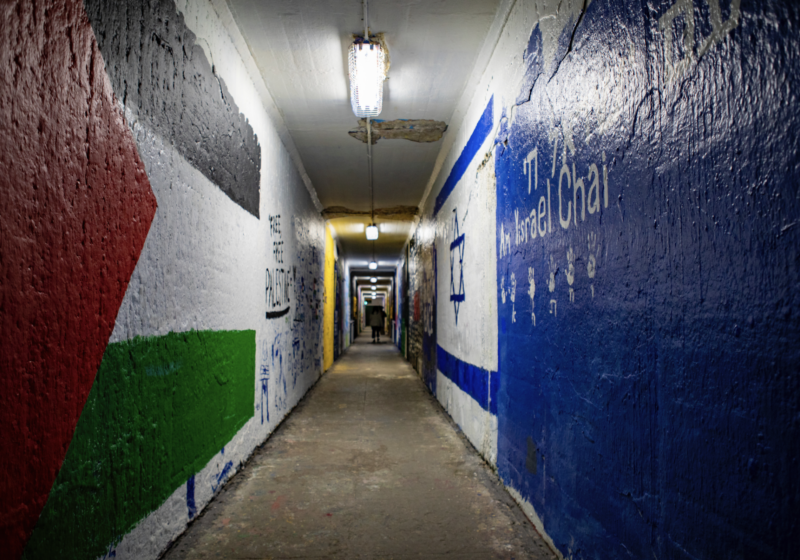The University premier all-male a capella group, the YellowJackets, is raising money to travel to Kenya for the second time in seven years. The 14-member group is asking for $30,000 so it can “sing with orphanages and grade schools in the area.” But this just covers the “base costs” of supporting a Western standard of living for the duration of the trip. If the singers can raise more funds, they will use the money to “rent out venues to host free concerts all around the country.”
To clarify, these donations are being used for the YellowJackets’ travel expenses and accommodations so that they can live comfortably when touring Kenya. Based on the information provided, none of this money is being used to directly support the communities they visit.
In our social media–driven world, crowdfunding these types of excursions has become commonplace. Unfortunately, many of these service trips fail to create sustainable change in the communities they visit and fall into the various trappings of “voluntourism,” an unsavory mix of “volunteer” and “tourism,” typically weighing heavily on the side of tourism. Characterized by poorly planned and hastily executed projects, these programs primarily benefit the “volunteers” rather than the communities they aim to serve.
Although I believe the YellowJackets had good intentions when planning this trip, the result is ultimately misguided. Aside from the obvious issue that $30,000 could be much better used to make dramatic improvements to the standard of living in the communities they are traveling to, the very conception of the trip is problematic in nature. The premise of “spreading music education” is a thinly-veiled guise over what is an entirely self-serving vacation for wealthy, privileged men, looking to culture themselves. They claim they want to “learn from communities all over Kenya,” diminishing an entire country and people to a learning experience for the Yellowjackets. Gaining a new context and perspective on poverty may be the byproduct of a larger goal, but should never be the focus of a service trip.
The very premise of this “campaign” plays into deeply racist and colonial attitudes that are part of the reason these communities are in need support in the first place. The people of Kenya have their own traditions and music, and the mission of teaching them about ours is blind to the pervasiveness of Western culture abroad and makes dangerous assumptions about who needs to be taught. While cultural exchanges can be beneficial to all people involved, when traveling to countries that have been colonized by Western nations, it’s important to approach those sorts of exchanges with an extremely high level of intentionality, context, and education. I am not convinced that the YellowJackets have done this, though I would be happy to see otherwise.
Upon returning to the United States, the YellowJackets will undoubtedly hoist up this experience as another example up their philanthropic nature, using orphaned children as a prop to further their narrative of service. Once again, the YellowJackets’ shows will involve long-winding and self-indulgent speeches about the power of music, quickly followed by cringe-inducing renditions of African music like “Waka Waka” and “Wavin’ Flag,” seemingly ignorant to the problematic nature of such performances.
The YellowJackets trip is voluntourism at its very worst. It is a group of well-educated, primarily white men, traveling to a developing country so that they can take an Instagram picture with poor children, brandishing the hashtag #musicsaveslives. I’m sure the kids they “saved” will love the post.




